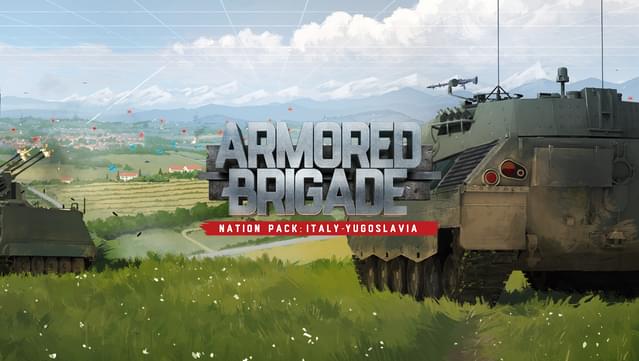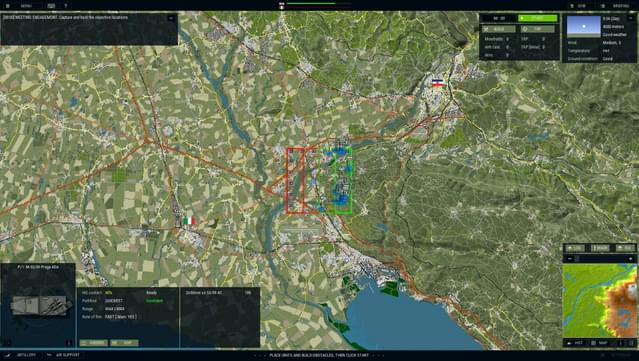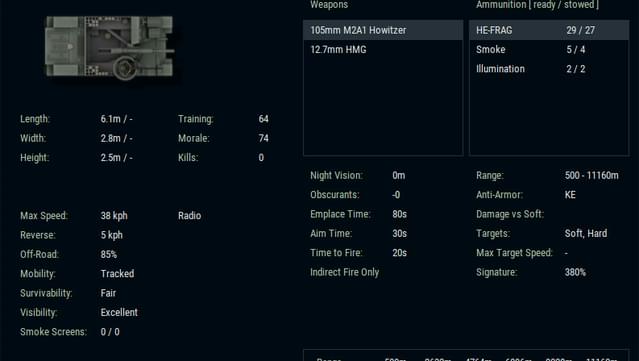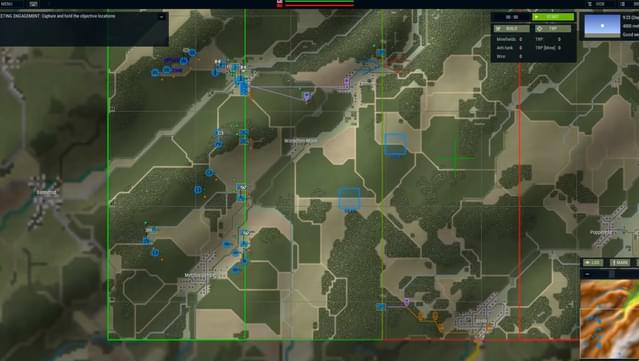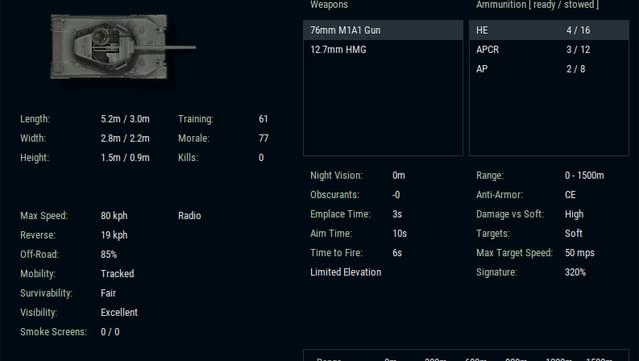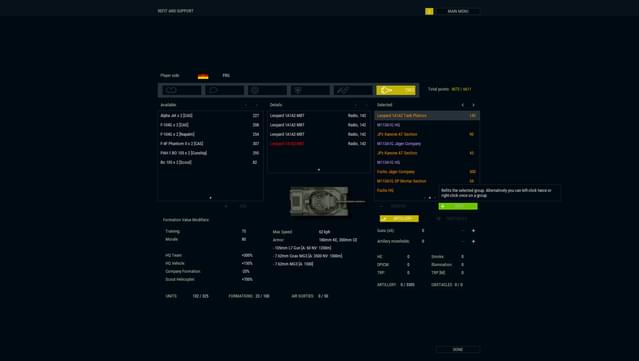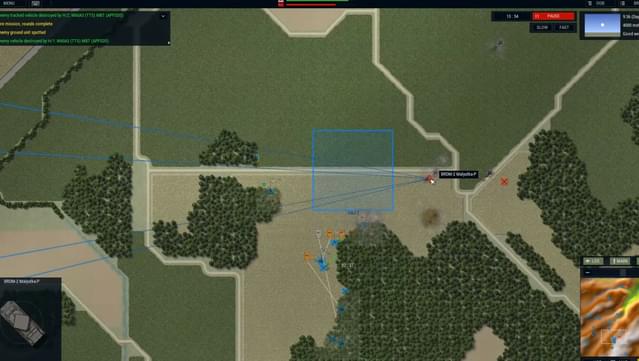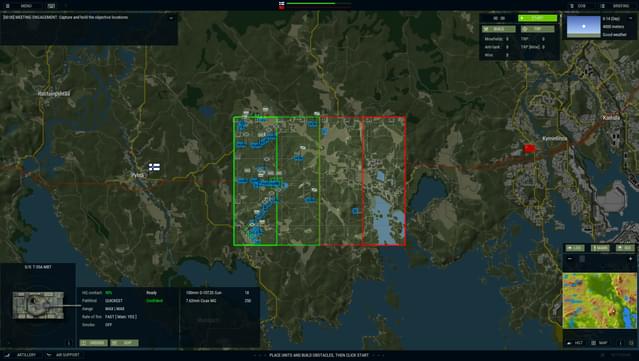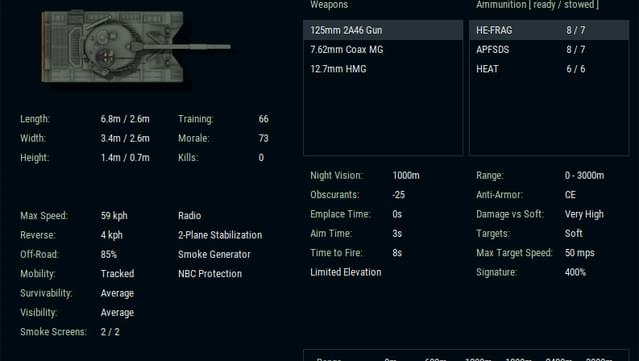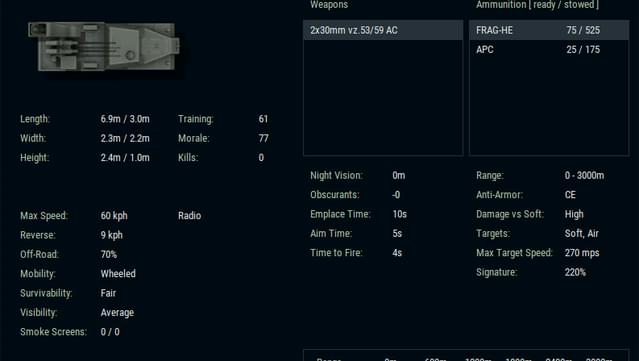The Italian Army at first glance might seem under-equipped compared to its NATO peers. However, it should be noted that they were supposed to defend a well-fortified, and mostly rugged mountainous terrain on their eastern border. Moreover, quality of units varied significantly across the Army. Some were better trained or better equipped, for example the famous Alpini mountain troops or selected armoured and mechanised brigades. Nevertheless, a player might still feel being under-gunned or lacking in certain aspects, so his armoured, mechanized or infantry force should be always reinforced by strong support assets. This also means a great care should be given to mobility, flanking engagements, and emphasizing maximum use of terrain cover; providing for a challenging and dynamic playstyle.
On the other side of the fence was Yugoslavia. Geographically situated between a NATO anvil and the Soviet hammer, the prospect of invasion would permanently dominate Yugoslav strategic plans. Particularly since witnessing the Warsaw Pact intervention in Czechoslovakia in 1968, Yugoslav military doctrine focused on combining its large field army with the guerrilla experience of the Partisans in World War II. In planning, this would entail the armed forces to conduct conventional warfare along a nationwide front, buying time for reserves and the general population to mobilize. Small Territorial Defence units would engage alongside beside regular troops in their local areas, emphasizing mobility and light anti-personnel and anti-armour weapons.
Because armament parity with likely opponents, both in quality and quantity, was hard to achieve, Yugoslavs tried to use limited national defense resources in the most efficient way, rarely if ever squandering even the most obsolete weapons. Units in the game, as well the combat tactics, reflects this strategy. Yugoslavia is a very balanced, all-around force that will perform satisfactorily in every field, but might not always excel. Hence a combined arms approach is extremely important when facing technologically superior forces. And while the center of gravity of the Yugoslav Army are infantry formations that are highly varied, logistically undemanding and survivable, armoured and mechanized are certainly capable of making it tough for any adversary.
Что-то пошло не так. Попробуйте обновить страницу.
Никто еще не оставил оценку
Никто из владельцев игры
не оставил оценку
Нет оценки
по фильтрам
Н/Д
Еще нет отзывов.
Отзывов по данным критериям не существует

